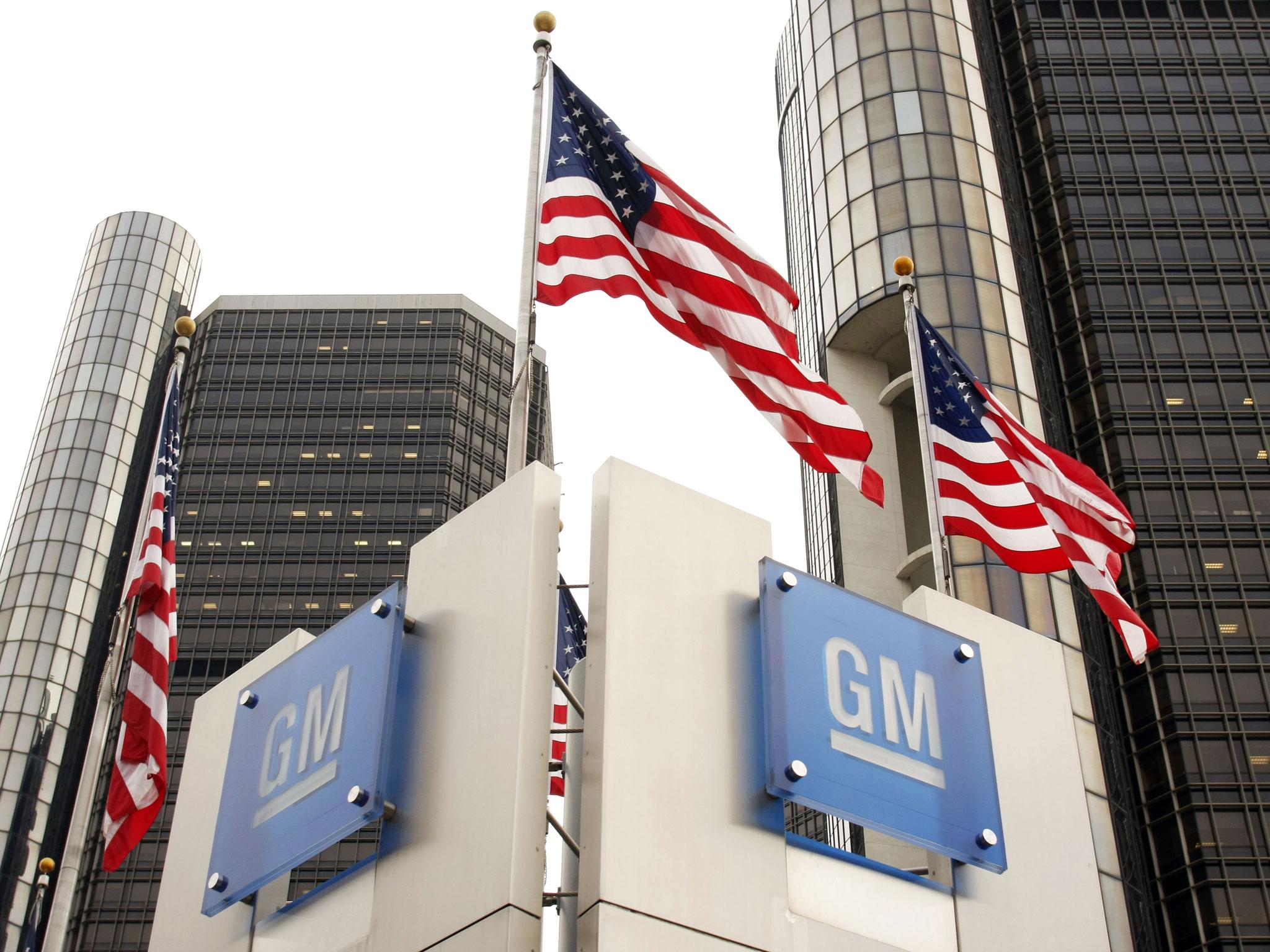Have huge corporations even noticed there’s a climate crisis?
With General Motors unveiling huge new SUVs and oil firm Saudi Aramco newly crowned the world’s most valuable company, James Moore asks what happened to big business’s push to be green


It’s as if the climate crisis didn’t exist. General Motors, the US car maker, has just unveiled its next generation of SUVs: the Chevrolet Tahoe and the Suburban.
They are huge. Bigger, heavier, with only a small improvement in miles per gallon.
Customer demand is what the company said was its motivation for producing the new truck-based monsters, which will hit America’s roads in the middle of next year.
People apparently wanted even more space to carry families and kit, and that, along with the obligatory new tech features, is what drove the designers.
The ads will doubtless stress that along with the outdoors. They nearly always feature the outdoors. There’ll be pictures of the vehicles driving along a gorgeous mountain road somewhere. It’ll be all rocks and evergreen trees and stirring music accompanied by a deep and gravelly male voiceover.
Maybe you’ll see a “man’s man” in a lumberjack shirt doing something manly like hauling wood or moving machinery around near his parked truck. If they’re really radical we might even see one featuring a hard-working woman doing something outdoorsy that doesn’t involve simply picking the kids up from sports practice. Just don’t bank on it. The US car industry isn’t known for its progressive social ideas.
America can be a breathtakingly beautiful country.
Vehicles like these will make it less so as a heating global climate screws up the vegetation you’ll see in those ads along with much else besides, as well as blighting the air quality of its urban and suburban areas.
It is in the latter, and not America’s countryside, where most of the vehicles will be used according to Dan Becker, director of the environmental group Safe Climate Campaign. The Suburban is well named.
“GM claims that they are merely meeting consumer demand for gigantic vehicles, but most consumers don’t use their pickups and SUVs for lumber and machinery, but to haul lattes home from Starbucks,” Becker told the Associated Press.
In other words, they are the US equivalent of what we refer to on these shores as the “Chelsea tractors”, on those mercifully rare occasions when vehicles like this are seen on Britain’s narrower roads. Higher fuel prices here make them uneconomic. It is to be hoped that they remain that way because even without them UK air quality needs to improve. It’s damaging the health of too many people as it is.
In the US south, in particular, these new motors will be all over the place before too long. Good news for GM investors. The margins are handsome indeed.
The vehicles are built at a plant in Arlington, Texas, a state where many of them are sold and where the climate crisis features only in the speeches of Republican politicians claiming it doesn’t exist.
Of course, it isn’t just in the American south, or the boardroom, where the issue barely seems to register.
Shortly after the new vehicles were unveiled, Saudi Amamco became the biggest company in the world by market value, eclipsing even the American tech giants that have become accustomed to duking it out for that title.
International investors largely steered clear. But floating on the domestic stock exchange, the 1.5 per cent of the company that was sold proved a hot ticket with the local crowd and that was more enough to get the stock motoring.
Again, climate? What climate?
It’s true that some fund managers are taking the issue seriously, as well they should because climate change will damage the world’s economy and hurt investment returns, and pressing the companies in which they invest to make improvements.
But they are small oases in a desert. There still are still large parts of the corporate world where the issue goes almost unnoticed.
I saw a column recently bemoaning that environmental campaigners are going “too far” with the gloomy headlines, which the writer claimed were putting moderates off.
Take a look at these two stories and it isn’t hard to come away with the impression that they’re not going far enough.
Join our commenting forum
Join thought-provoking conversations, follow other Independent readers and see their replies
Comments
Bookmark popover
Removed from bookmarks